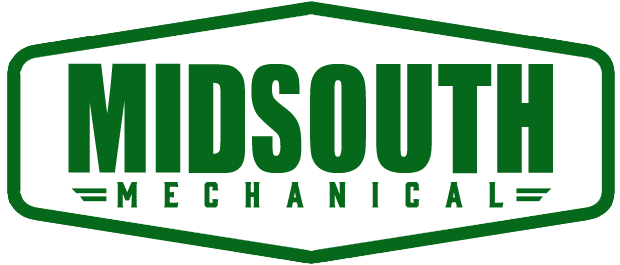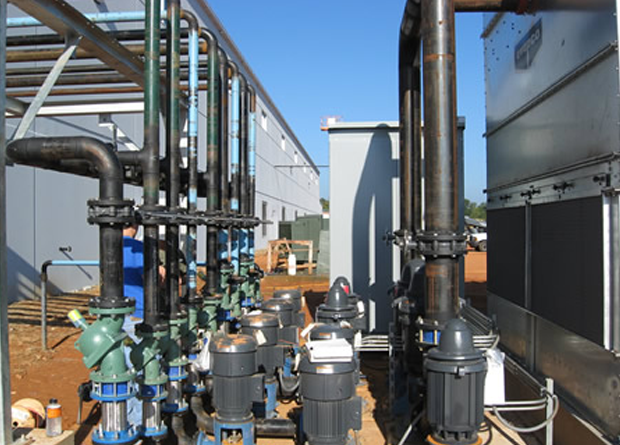The heat is not finishing with us in the South and we need to focus on heat safety for those who work outdoors. Below we have provided a few tips that we use to keep safe during the extreme heat while working outdoors.
- Drink water frequently and drink enough water that you never become thirsty. Drink water or other non-caffeinated, electrolytic beverages and make sure that your drinks are always cool, not room temperature. Adding a lemon slice to water can make plain water more drinkable.
- Wear light-colored, loose-fitting, breathable clothing made from natural materials such as cotton. Avoid wearing non-breathing synthetic clothing. Wear safety glasses with UV protection, sunscreen and brimmed hard hats.
- Gradually build up to heavy work. If possible, do the hardest work during the coolest time of the day. Workers who are suddenly exposed to working in a hot environment face additional hazards to their health and safety. New workers and those returning from time away need to be extra careful in making sure they stay hydrated.
- Take more breaks in extreme heat and humidity. Move to the shade or a cool area such as an air-conditioned building or car when possible but try not to go in and out of air conditioning too much as it will make it harder for you to adjust to the heat. Use cooling fans whenever possible.
- Select your lunch carefully. Junk food is high in fat and preservatives and will put a high caloric load on the digestive system. Try eating a bigger breakfast, so you’re not as hungry at lunch. Eat light lunches that include fruits, vegetables and salads.
- Keep an eye on your co-workers and be alert for signs of heat exhaustion. Early symptoms include lethargy, disorientation, stumbling, dropping tools, slurred speech or unresponsiveness. Heatstroke is a medical emergency requiring a 911 call and immediate cooling.
- Check your urine frequency and color throughout the day. Water intake is adequate when urine is clear or light yellow. When the desire to urinate is less than twice per day and/or you are producing a dark yellow urine, you may be dehydrated.
By training employees on the early signs of heat exhaustion, taking the proper precautions, and employing tips like the ones listed above, outdoor workers will greatly reduce the risk of heat-related dangers.
Get a free quote today!


